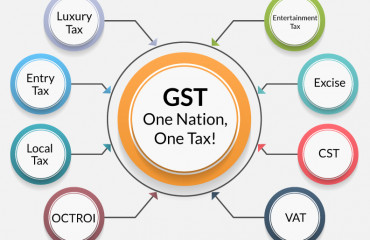
Credit cards: IDFC First Bank now requires an upfront joining fee for its Mayura and Ashva credit cards to discourage non-serious applicants. The fees are ₹2999 plus GST for Ashva and ₹5999 plus GST for Mayura, compliant with RBI guidelines on credit card activation.
Credit cards: IDFC First Bank now requires an upfront joining fee for its Mayura and Ashva credit cards to discourage non-serious applicants. The fees are ₹2999 plus GST for Ashva and ₹5999 plus GST for Mayura, compliant with RBI guidelines on credit card activation.

In a bid to discourage non-serious applicants, IDFC First Bank has started charging the joining fee upfront before dispatching its Mayura and Ashva credit cards. "Upfront payment of joining fee + GST required for dispatch of metal credit card. The fee is non-refundable," IDFC First Bank said.
While the joining fee is ₹2999 plus GST (Goods and Services Tax) for Ashva credit card, it is ₹5999 plus GST, which is 18%, for the Mayura credit card.
RBI guidelines
While RBI (Reserve Bank of India) guidelines clearly state that charges can be levied only when the credit card account is activated, IDFC First Bank has ensured that it does not violate it by allowing the activation of its credit cards online before sending the physical card to customers.
"The customer can activate the card on her/his own on the bank's portal. Cards can be activated before the physical card is sent. Only if the card is activated by paying the joining fee, it would be sent to the customer," persons familiar with the IDFC's updated card activation process said.
"The bank has a digital application process, which is OTP (one-time password) based. Through this, the consent of the applicant is taken. Only when the process is successfully completed, the card is issued. Explicit consent is taken from the customer about the upfront payment of the joining fee while submitting the application," they said.
The requirements for getting the card are clearly stated in the application process. Since consent is being taken after which the credit card account is activated, the process is fully compliant with RBI's guidelines on the issue of credit cards, the persons said.
"The consent for the cards issued or the other products/services offered along with the card shall be explicit and shall not be implied," RBI said in its master circular on credit cards. "In other words, the written consent of the applicant shall be required before issuing a credit card. Alternatively, card-issuers may use other digital modes with multi factor authentication to obtain explicit customer consent," the apex bank said.
IDFC's move follows recent complaints about non-activation of credit cards after the receipt of the physical card. Incidentally, RBI has said that banks cannot charge a joining fee before the credit card is activated.
Card issuers typically seek OTP-based consent if customers do not activate the credit card for more than 30 days from the day it was issued. "If the card is not activated by the cardholder for more than 30 days from the date of issuance, card-issuers shall seek One Time Password (OTP) based consent," RBI said.
But with issues of customers merely receiving the card and not activating it cropping up, card issuing banks are now seeking consent before issuing the card. "If the cardholder does not provide consent, the card issuer has to close the credit card account within seven days of seeking consent," RBI has said. Any request to close the credit card should be processed within seven working days if there are no outstanding dues, it said.
